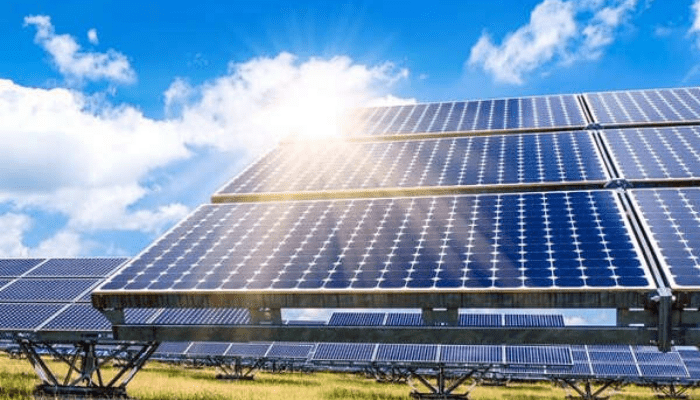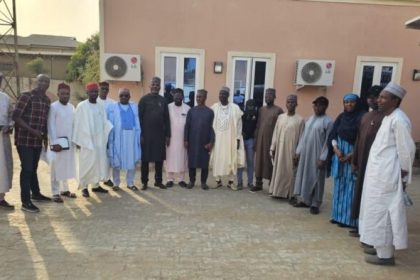Nigeria’s solar energy sector is experiencing rapid growth, with imports soaring to 868 megawatts (MW) in 2023—a 94% increase from the previous year, according to a report by Stears. The Compound Annual Growth Rate (CAGR) of solar imports since 2017 stands at 57.73%, outpacing several other sectors.
Despite this impressive expansion, experts say affordability remains a major barrier to mass adoption.
Godreigns Amedari, Senior Vice President Engineering, Anergy Solar said “Nigeria’s abundant sunlight makes solar energy a consistently reliable power source for households and businesses, however, while technological advancements and enabling policies have made solar solutions more viable, affordability is still a major hurdle.”
The rising cost of premium motor spirit (PMS) and electricity tariffs, along with Nigeria’s electricity tariff band system, have further pushed many Nigerians towards renewable energy solutions. The Electricity Act 2023 has also facilitated decentralization, allowing for more off-grid and mini-grid solutions.
“Thanks to policy changes, it is now possible to power entire estates using solar energy, taking them off the national grid completely,” Amedari noted.
Technological advancements are making solar solutions more efficient and scalable. High-efficiency solar panels with reduced footprints allow for greater energy generation on limited roof space. Additionally, bifacial solar panels, which capture sunlight from both sides, enhance energy yields.
Remote Energy Monitoring Systems (EMS) now allow users to track their consumption, regulate load, and forecast weather conditions for optimal energy use. Artificial intelligence (AI) integration further enhances system performance.
“Modern EMS can predict weather conditions, perform energy forecasts, and advise users on storage usage,” Amedari explained. “Users can remotely control their systems, optimizing the balance between utility power, solar energy, and battery storage.”
Despite the technological strides, the high cost of acquiring solar systems continues to hinder widespread adoption. “In a country where only 2.4% of Nigerians earn more than ₦200,000 per month, the cost of acquiring a suitable solar system remains out of reach for the majority,” Amedari emphasized.
To bridge this gap, companies like Arnergy Solar Limited are introducing flexible financing options. Arnergy’s zero-down-payment model enables more Nigerians to access solar solutions without immediate financial strain.
“With Arnergy’s installment plan, Nigerians can afford to own a solar system that meets their needs without sacrificing other basic necessities, nnovative financing models like this are critical in scaling solar adoption across the country”, Amedari noted











